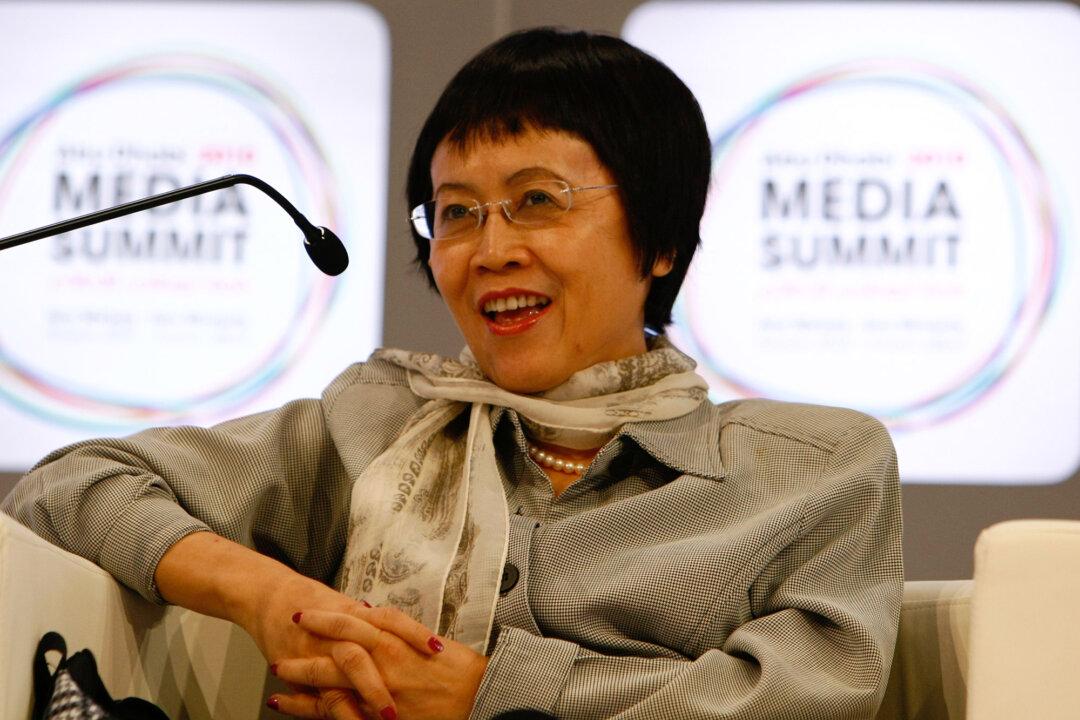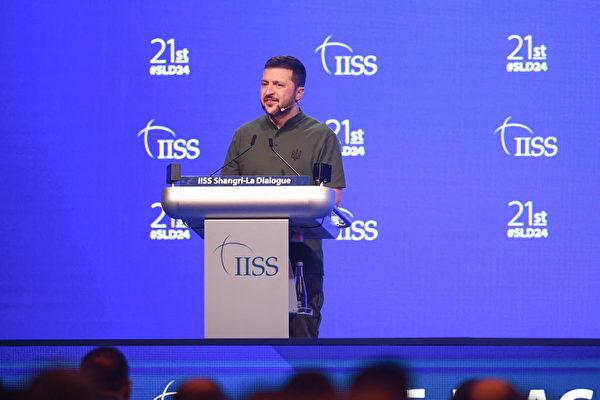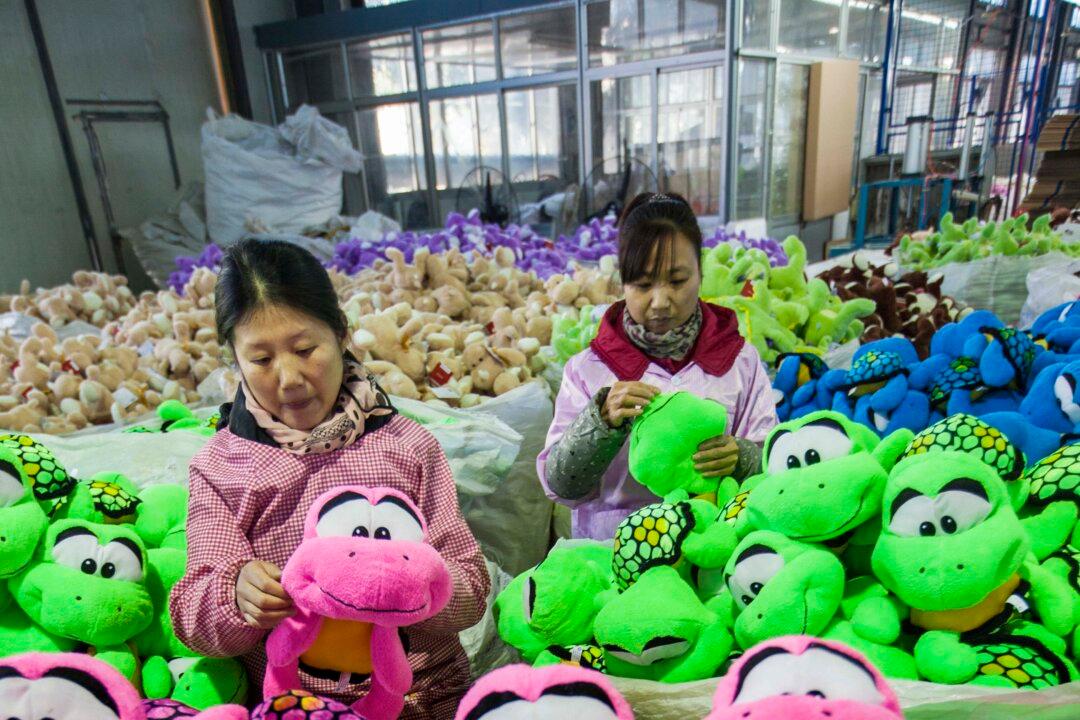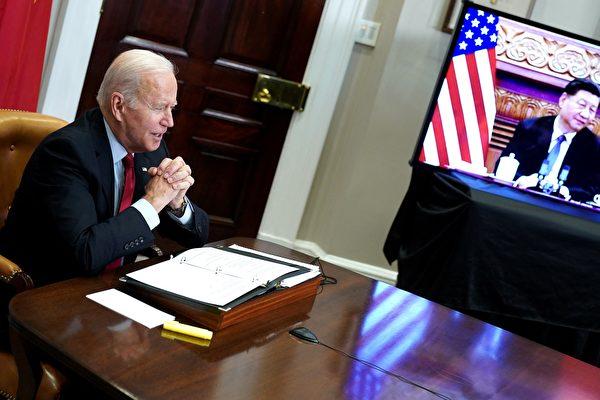Hu Shuli—the high-profile founder and publisher of Caixin Media—has been in the spotlight lately over a spate of articles that sing a different tune to that of the current Chinese Communist Party (CCP) leader, Xi Jinping.
Recognized for its business and investigative reporting, Caixin Media has long been known for supporting the “reform and opening up” policy—initiated by CCP patriarch Deng Xiaoping—which runs counter to Xi Jinping’s planned economic strategy of emulating Mao Zedong, the party’s first leader.




